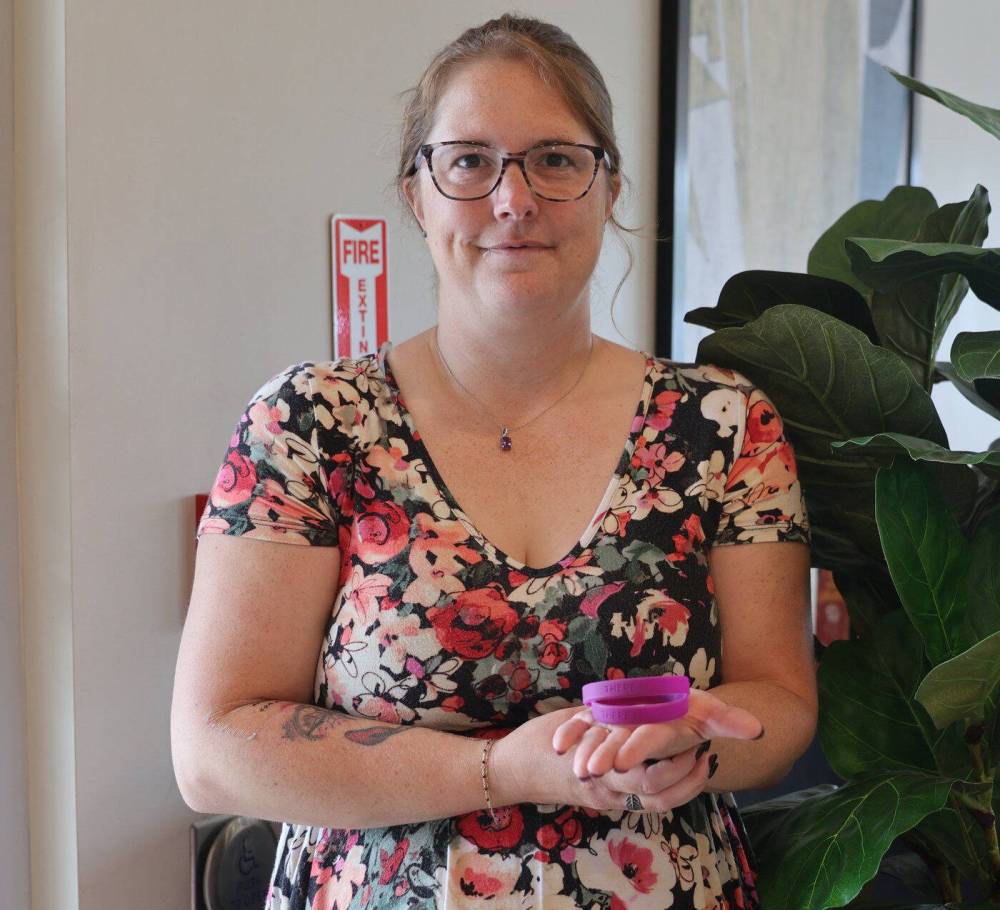Non-profit focuses on safety for seniors with Alzheimer’s
Advertisement
Read this article for free:
or
Already have an account? Log in here »
We need your support!
Local journalism needs your support!
As we navigate through unprecedented times, our journalists are working harder than ever to bring you the latest local updates to keep you safe and informed.
Now, more than ever, we need your support.
Starting at $15.99 plus taxes every four weeks you can access your Brandon Sun online and full access to all content as it appears on our website.
Subscribe Nowor call circulation directly at (204) 727-0527.
Your pledge helps to ensure we provide the news that matters most to your community!
To continue reading, please subscribe:
Add Brandon Sun access to your Free Press subscription for only an additional
$1 for the first 4 weeks*
*Your next subscription payment will increase by $1.00 and you will be charged $20.00 plus GST for four weeks. After four weeks, your payment will increase to $24.00 plus GST every four weeks.
Read unlimited articles for free today:
or
Already have an account? Log in here »
For anyone connected to a senior citizen living with Alzheimer’s or dementia, a new organization is aiming to offer a breath of relief.
That organization is called There Is Someone Canada (TSC). Through a North America-wide database, registered individuals can be identified and returned to safety when they wander or experience confusion as they go out into the world.
Danielle Zwaagstra is TSC’s Canadian director and a resident of Niverville. Her mother, Marcy MacPherson, is the founder of the organization, which launched in Florida in 2024.

MacPherson is a certified Positive Approach to Care coach and Alzheimer’s and dementia awareness trainer to professionals. Less than a year after introducing the initiative, it’s making waves across the United States.
It’s Zwaagstra’s goal to do the same in Canada.
For the cost of an annual subscription, seniors who live with cognitive challenges are provided with a purple bracelet, the colour associated with Alzheimer’s and dementia.
The silicone bracelet is lightweight and non-restrictive, helping to ensure that the wearer won’t pull it off. It bears the name of the organization as well as a six-digit number that’s registered to the wearer. Up to two caregivers can be registered in the database along with the senior so they can quickly be notified when a client is in trouble.
“(The registry) shows a picture of the person wearing the bracelet so they can be positively identified,” Zwaagstra says. “It also includes all of the health concerns, allergies, and what to look out for if they’re combative or if they’re non-verbal. It pretty much gives a summary of the cognitive challenge so that (people) know how to accurately and effectively deal with this person.”
First and foremost, Zwaagstra’s goal is to create awareness of the program to local first responders, law enforcement and personal care home staff.
Should an individual find a senior who looks lost or out of sorts, a quick call to local authorities with the bracelet number can be made.
Creating broader public awareness is also imperative, so everyone recognizes the significance of the purple bracelet and can jump into action when needed.
Broad recognition of the bracelet will help alleviate the fears and stress felt by so many family members and caregivers when their loved ones go missing.
The program can be of use, too, when people with varying degrees of dementia deal with any kind of confusion or disorientation while out in public.
“Pharmacists regularly come across seniors who are easily confused,” Zwaagstra adds. “They think they’re paying with their debit card, but it’s actually their driver’s license.”
In times like these, a quick call to the registry can help reach the caregiver for help.
To register for the program, there is a one-time signup fee of $15. From there, the annual subscription is $125. Zwaagstra says it’s a small price to pay for peace of mind.
She adds that the program works best when the primary caregiver also registers for the program and wears their own purple bracelet with a number that corresponds with that of their loved one.
“This way, we’re verifying that you have a connection to (the senior). If you’re not actually listed as their power of attorney, we want to make sure that you actually are linked together.”
If you’re a spouse or a full-time caregiver, wearing a bracelet can have other implications, too.
“The (caregiver) goes out and they are running errands,” Zwaagstra says by way of an example. “If they are in a car accident where they’re unable to speak for themselves, first responders can see that they’re wearing a bracelet which means there might be (a senior with dementia) left at home.”
This information can help alert other family members to step in when the caregiver cannot.
In time, as the program gains momentum across the country, Zwaagstra imagines the tool being expanded to include those living with ALS, Parkinsons, or even children with autism or other neurodivergences. It’s like a national neighbourhood watch, in a way, for the mentally challenged.
Should anyone wish to make donations to the non-profit, Zwaagstra says they are accepting funds to help the program get off the ground. Once it’s in full flight, it’s expected to be self-sustaining.
» The Niverville Citizen
